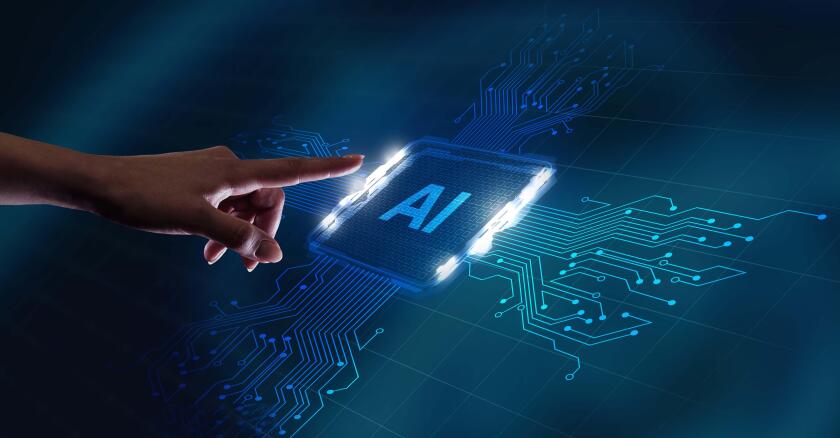Hosted by CFES Brilliant Pathways, a college and career-readiness nonprofit based in Essex, NY, the event, which drew 250 attendees, emphasized the importance of understanding AI to prepare for a rapidly evolving future.
“We better buckle up, because even as I stand here AI is moving and it’s moving fast,” Tara Smith, Co-CEO of CFES said.
The emergence of tools like ChatGPT in 2022 has made AI more accessible, sparking debates about its implications for education, the workplace, and society at-large.
Seth Mattison, a renowned expert on change and transformation, delivered the conference keynote address, highlighting the challenges educators face in preparing students for a future filled with uncertainty.
“You’re helping students navigate a world where we can’t predict which industries will exist, let alone specific jobs or roles,” Mattison said.
While concerns about AI include fears of cheating and job displacement, Mattison suggested that AI could streamline workflows and alleviate stress in high-pressure professions like teaching.
“The current way we work isn’t sustainable,” he explained, citing studies on burnout, productivity and mental health.
“AI offers an opportunity to offload tedious tasks, enabling us to focus on what truly matters.”
However, many educators remain hesitant to adopt AI in classrooms due to time constraints, lack of training, and cybersecurity restrictions. Workshops at the conference revealed that while teachers recognize AI’s potential, barriers like administrative burdens and tech limitations hinder experimentation.
Ironically, AI itself could help reduce these obstacles. Teachers who have integrated AI into their work report significant benefits. Sabrina Pribek, a guidance counselor at Madrid-Waddington Central School in New York, shared how using AI has transformed her workflow.
“AI helps me handle paperwork more efficiently, giving me more time to connect with students face-to-face,” Pribek said.
“I use tools like AI graders and assessments daily, and they’ve made a huge difference.”
Ray McNulty, president of the Successful Practices Network and former Vermont Secretary of Education, emphasized that AI is not a replacement for teachers but a tool to enhance learning. He envisions teachers transitioning into coaching roles, guiding students to become self-directed learners.
“We need to view AI as a tool for personalizing education and enhancing skills, not as a substitute for educators,” McNulty said.
He also called for a shift in education from being grade-focused to skill-oriented.
“How many schools have policies fostering innovation?” he asked.
“Someone like Bill Gates wouldn’t qualify to teach tech in most schools because he lacks a degree, yet he’s a prime example of an innovator who has changed our world.”
The conference also addressed the evolving nature of work, emphasizing creativity and imagination over data collection and rote processes. Tyler Seeholzer, training developer at BETA Technologies, an electric aircraft company, noted that while AI can analyze data and optimize processes, human ingenuity is essential for problem-solving and ideation.
“In our field, if a student has an idea about flight automation and wants to test it during an internship, we welcome that initiative,” Seeholzer said.
Concerns about AI-facilitated cheating and plagiarism remain valid but are likely overstated, according to McNulty.
The focus, he suggested, should be on equipping students with skills like critical thinking, prompt-writing, and content analysis to thrive in an AI-integrated world. Other Essential Skills, such as teamwork, leadership, and adaptability, will be more valuable than ever.
“The future isn’t something that happens to us — it’s something we create,” Mattison said.
“AI will accelerate progress, but it’s not here to replace us. It’s here to amplify our potential.”
The conference underscored the need for education systems to embrace AI as a transformative tool, equipping students with the skills and mindset to shape the future.
©2024 the Press-Republican (Plattsburgh, N.Y.). Distributed by Tribune Content Agency, LLC.















